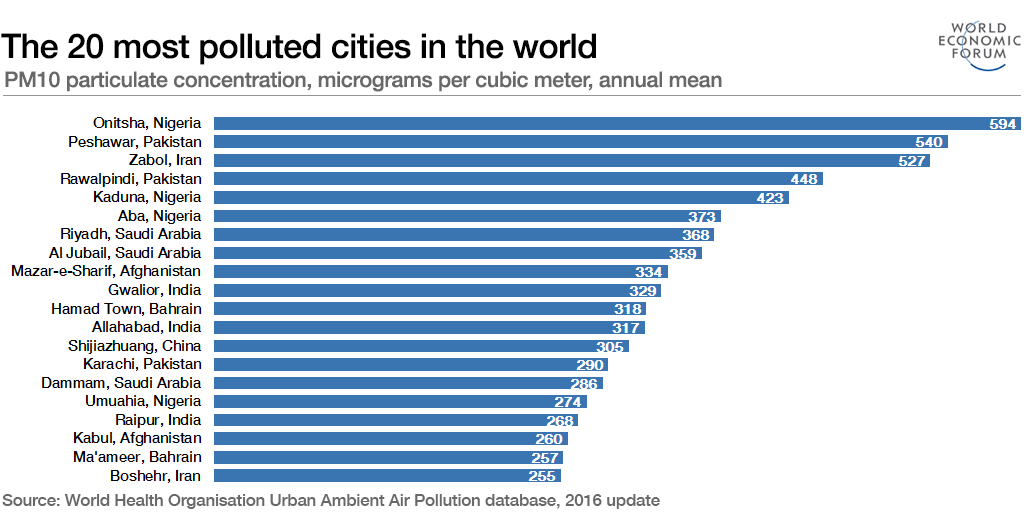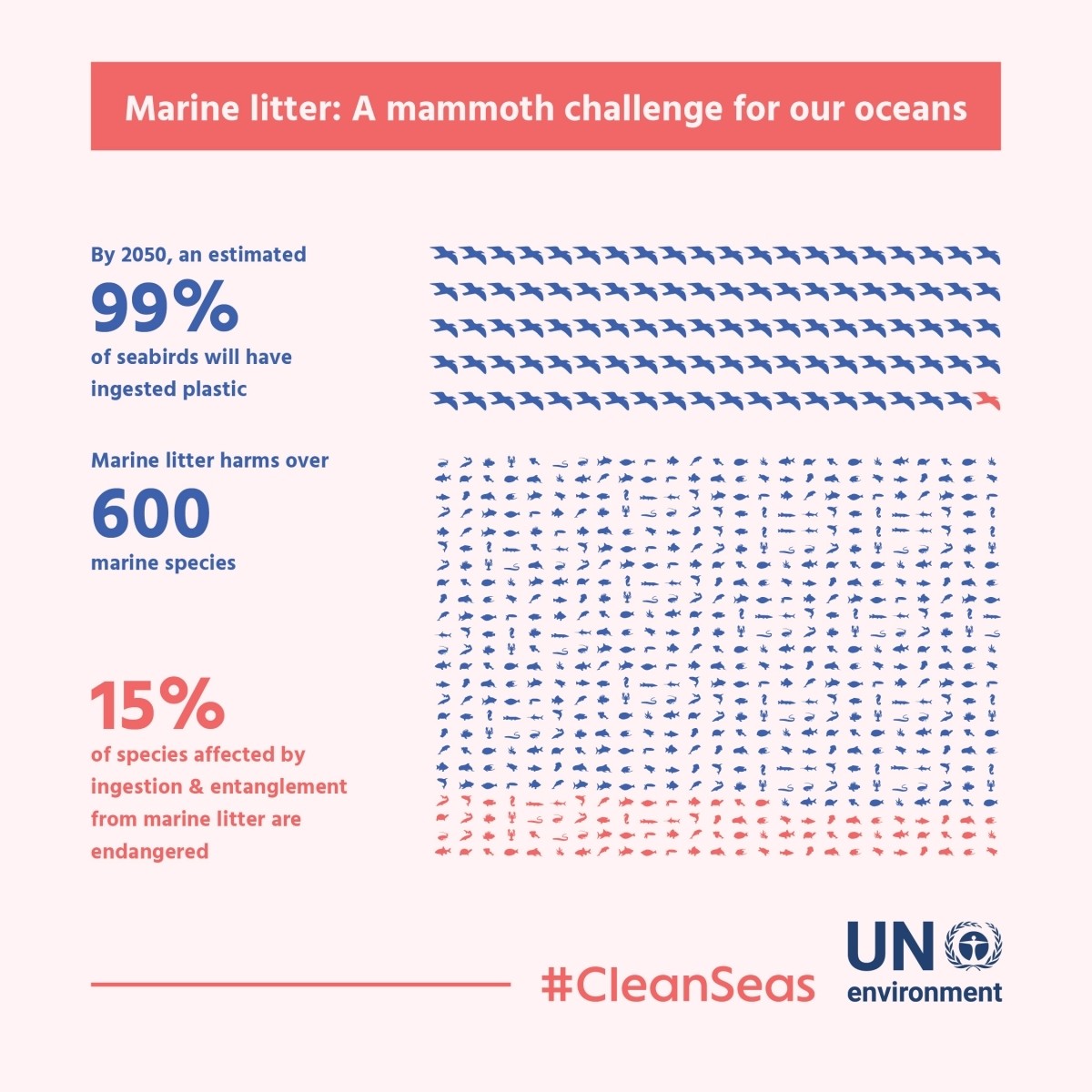India has banned all forms of disposable plastic in its capital

Delhi ditches plastic cups, spoons, bags, wraps and other polluting items Image: REUTERS/Danish Siddiqui
Thirty-two percent of the 78 million tons of plastic packaging we produce annually flows into our oceans. That's the equivalent of one garbage truck of plastic every minute.
According to the India Times, India is responsible for an astonishing 60% of the plastic that is dumped in the world’s oceans every year. The country has become so concerned with its waste problem that the National Green Tribunal has introduced a ban on disposable plastic in the capital city. It is now no longer permitted to use plastic bags, chai cups and cutlery in Delhi.
But that isn’t the only issue that led to the ban. It was introduced as a result of complaints about the illegal mass-burning of plastic and other waste at three local rubbish dumps, which has been blamed for causing air pollution.
Hotspot for pollution
India is one of the danger spots for pollution, according to WHO figures.

Another study estimates that the fine particles generated from commercial and residential energy use, including waste burning, contribute the most to pollution-associated premature deaths globally, especially in India.
According to Greenpeace, India is leading the charge against plastic. While many places around the world already ban plastic bags, India’s bans are all-encompassing.
In Karnataka, a state in the south-west of the country, no wholesale dealer, retailer or trader can now use or sell plastic carrier bags, plastic plates, plastic cups, plastic spoons or plastic wrap, says Greenpeace.
Last month, the UN Environment Programme launched #CleanSeas, a major global campaign to stop plastic ending up in our oceans. Ten countries have already joined. They are: Belgium, Costa Rica, France, Grenada, Indonesia, Norway, Panama, Saint Lucia, Sierra Leone and Uruguay.

Don't miss any update on this topic
Create a free account and access your personalized content collection with our latest publications and analyses.
License and Republishing
World Economic Forum articles may be republished in accordance with the Creative Commons Attribution-NonCommercial-NoDerivatives 4.0 International Public License, and in accordance with our Terms of Use.
The views expressed in this article are those of the author alone and not the World Economic Forum.
Stay up to date:
Future of the Environment
Forum Stories newsletter
Bringing you weekly curated insights and analysis on the global issues that matter.
More on Geographies in DepthSee all
Naoko Tochibayashi
October 30, 2025






